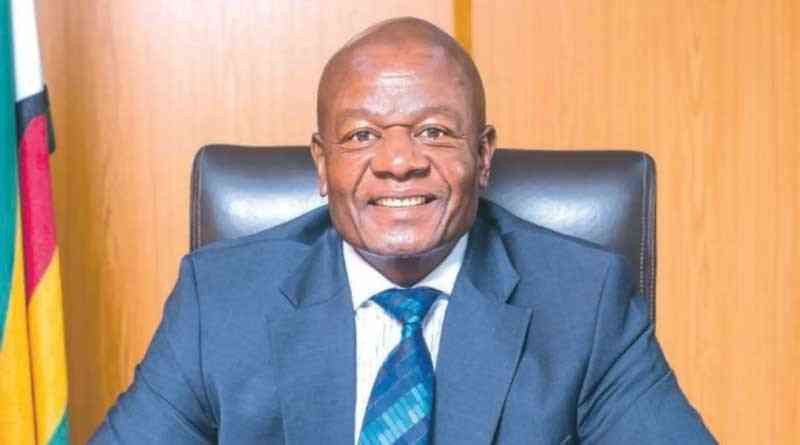
IN his farewell message, the outgoing European Union (EU) Ambassador to Zimbabwe, Jobst von Kirchmann, spoke glowingly about the warm-heartedness of Zimbabweans and the country’s breathtaking tourism destinations. He even lavished generous praise on the distinct Zimbabwean cuisine.
But beyond the acclaim, the top diplomat highlighted the hurdles that lie in the path of the southern African country as it seeks to extinguish its US$21,5 billion debt stock.
Of that amount, external debt obligations stand at US$12,6 billion while domestic debt accounts for US$8,9 billion. This has left Zimbabwe fiscally-constrained to service its ballooning debt. The massive debt, has left the country isolated.
It is barred from accessing fresh lines of credit required to revive its battered economy. While Zimbabwe has registered modest success, including making token payments to some creditors and compensating farmers who lost land protected under the Bilateral Investment Promotion and Protection Agreement, Harare is lagging in terms of introducing sweeping reforms spelt out under the Arrears Clearance and Debt Resolution Process.
Now running for over two years, the Arrears Clearance and Debt Resolution Process was introduced by the government in 2022 and is being championed by the African Development Bank to help Zimbabwe expunge its debt. The ambitious debt clearance strategy spells out the housekeeping chores that Zimbabwe must undertake to unlock fresh lines of credit from multilateral lenders.
The reforms include the launch of a new local currency, a more flexible and transparent foreign exchange market, and the introduction of new parliamentary bills to strengthen the fight against corruption.
Others are the far-reaching land tenure reforms to promote investor confidence.
Sadly, President Emmerson Mnangagwa’s administration has dithered on introducing these reforms. Notably, successive disputed elections under Mnangagwa, discredited by notable global electoral missions, have further complicated Zimbabwe’s efforts to shrug off its pariah status. In 2018, the Southern African Development Community and the EU, among other international observer missions, failed to give Zimbabwe’s disputed polls a clean bill of health.
- CCC urged to push for dialogue over reforms
- A peep into Matenganyika’s artistic closets
- The Bioskop Short Film Competition is back
- Mangwe farmers benefit from agric projects
Keep Reading
With the most recent figures from the Financial Intelligence Unit indicating that Zimbabwe annually lost US$1,2 billion between 2019 and 2024, Mnangagwa’s administration has also fared badly in redeeming the country as the region’s official corruption poster boy. Tackling widespread public corruption is also an important requirement that Zimbabwe needs to fulfil under the debt clearance plan.
Over and above that, the EU envoy also expressed disappointment over the enactment of the controversial Private Voluntary Organisations Bill in April, which critics roundly condemned for stifling the democratic space. Repressive legislation, flawed elections, and the brutal crackdown targeted against human rights activists have also stained Zimbabwe’s governance record, a key indicator under the debt settlement plan.
Reforms are the elephant in the room that Zimbabwe must tackle to erase its unsustainable debt.






